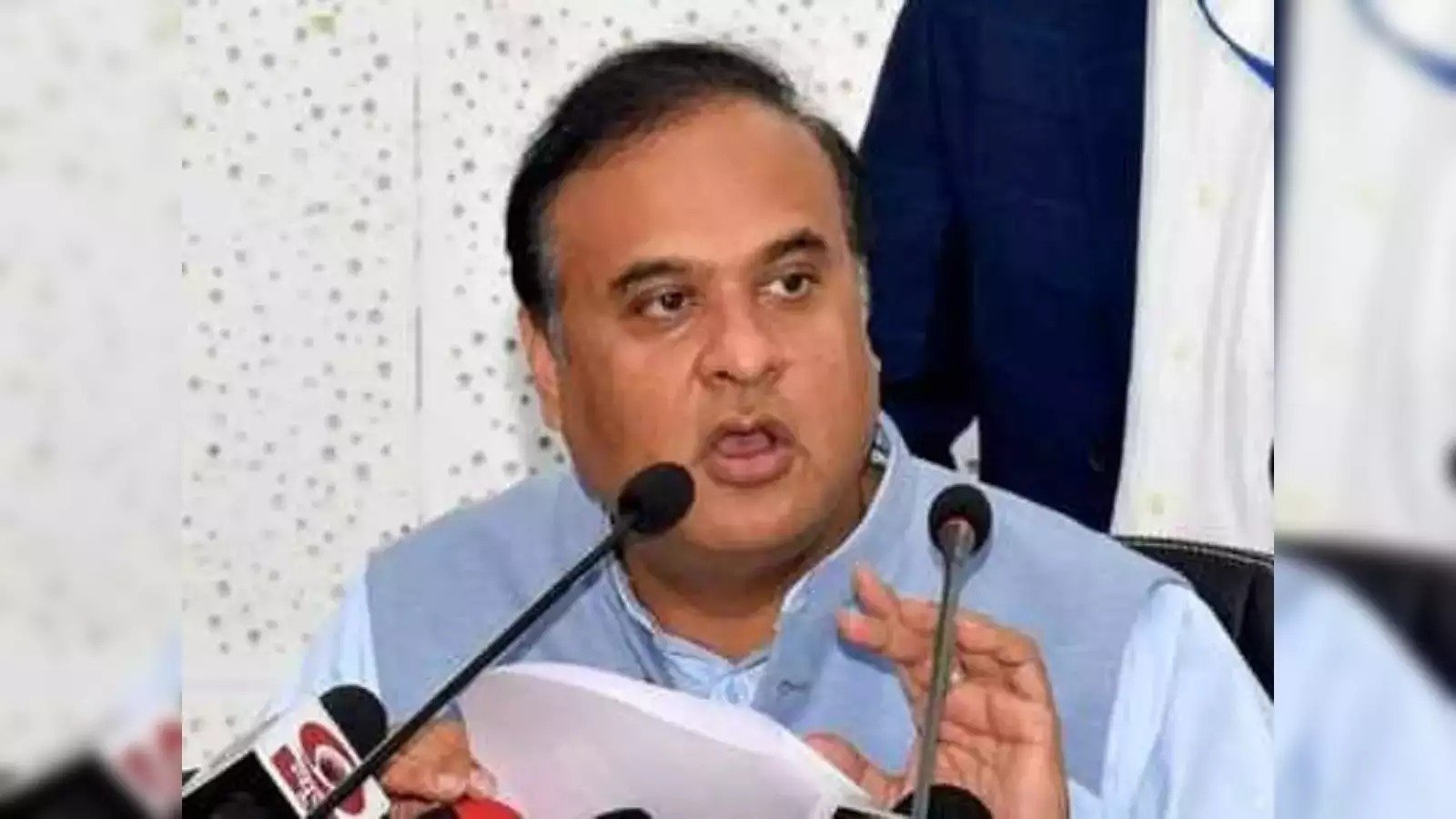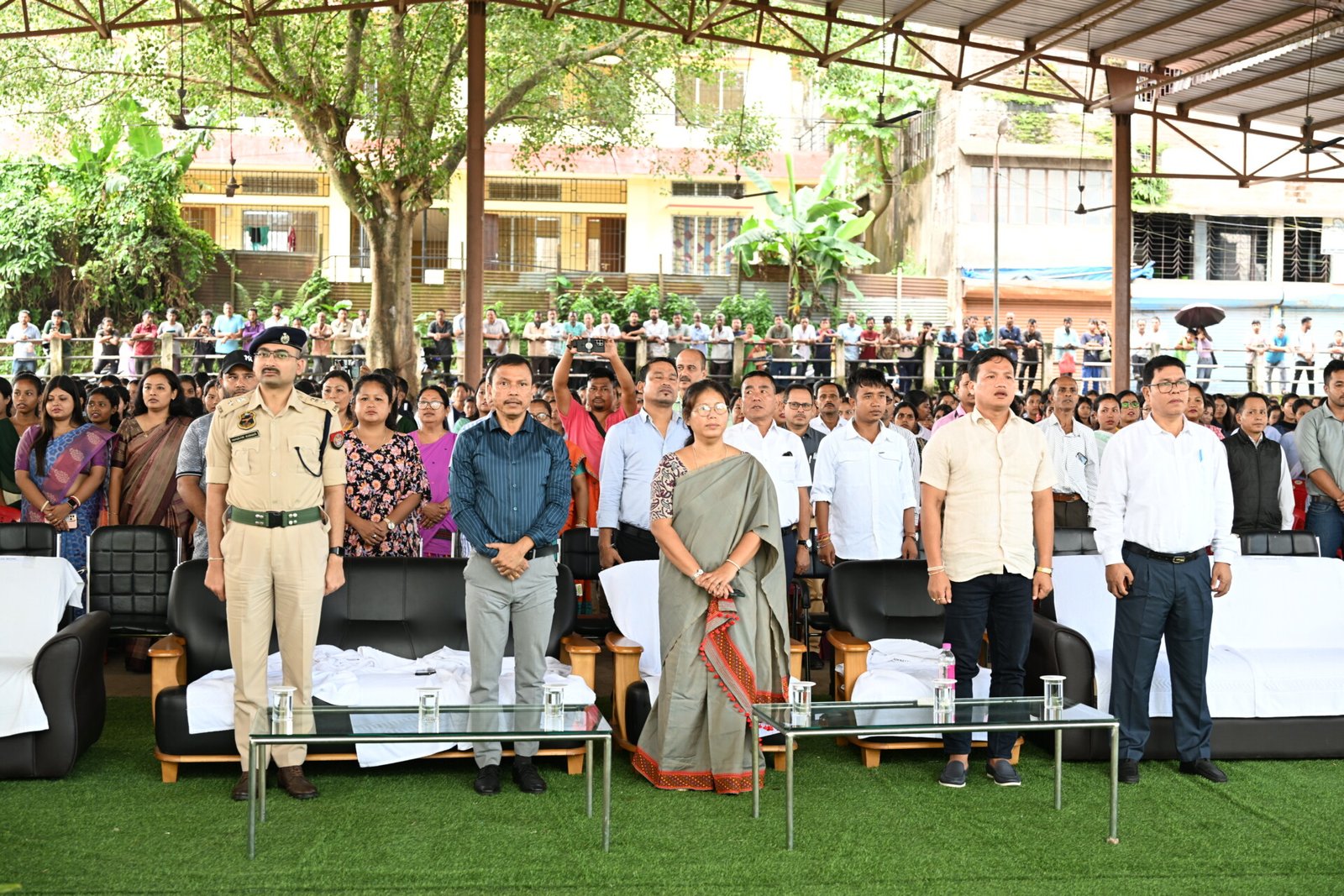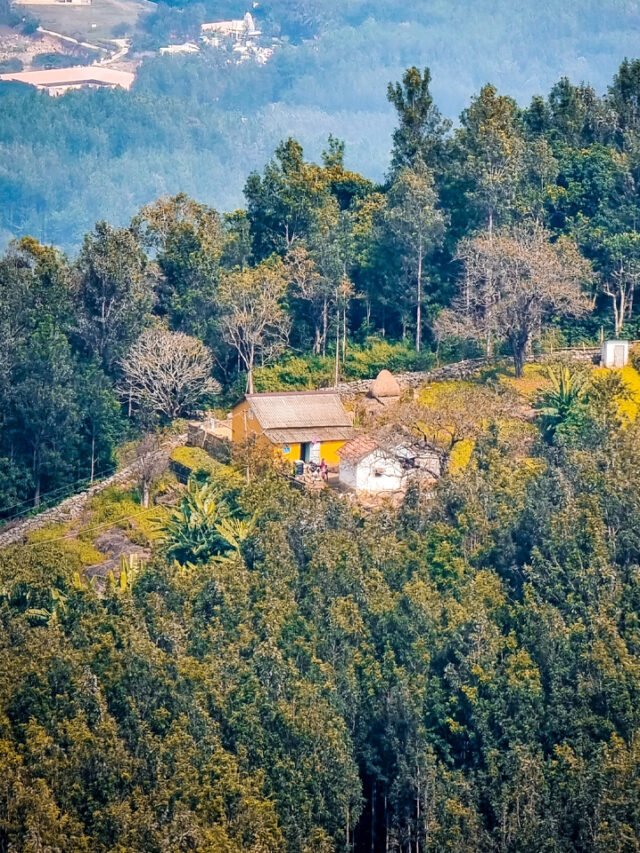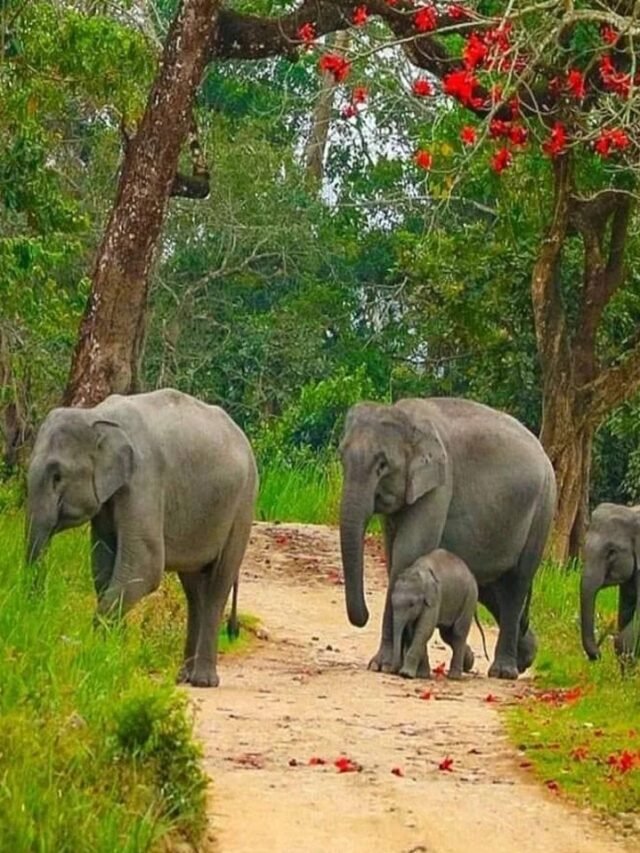HT Digital,
Guwahati, Feb 16: Assam Chief Minister Himanta Biswa Sarma on February 16 officially launched Mission Basundhara 3.0, marking a significant step forward in the state government’s ongoing efforts to address land rights issues and modernize land-related services.
This initiative, announced during a State Cabinet Meeting on February 12, follows the conclusion of Mission Basundhara 2.0 and aims to further streamline and enhance the accessibility of land revenue services for the citizens of Assam.
Mission Basundhara, under the leadership of the Hon’ble Chief Minister, was conceptualized with the primary goal of reducing the backlog in updating land records, accelerating the disposal of services requested by citizens, and fostering an environment conducive to ease of doing business within the land management ecosystem. The scheme is particularly focused on securing land pattas (land rights) for the landless indigenous people of Assam, a concern that has remained unaddressed even after the Assam Movement.
During the formal launch event at Srimanta Sankaradev Kalakshetra in Guwahati, CM Sarma highlighted the achievements of the previous phases of Mission Basundhara and outlined the objectives for the third phase. He noted that despite the challenges faced in implementing Mission Basundhara 2.0, which led to the issuance of land pattas to 2,29,659 individuals, the government remains committed to ensuring that no landless individual is left without a patta. To this end, Mission Basundhara 3.0 will extend its benefits to tea garden workers, Adivasis, the Gorkha community, and other marginalized groups, exempting them from the requirement to produce certificates of three previous generations.
Furthermore, the Chief Minister announced the repeal of the Bhoodan Gramdan Act and the conversion of remaining lands into government lands after the distribution of pattas. He also addressed the issue of illegal encroachments on temple and government lands, promising strict actions against violators.
In addition to land reforms, CM Sarma introduced the National Generic Document Registration System (NGDRS) to improve the accuracy of land records and facilitate the sale of land with proper authorization. He emphasized the importance of collecting pending land taxes and announced plans to establish heritage belts and blocks in regions such as Majuli, Narayanpur, Barpeta, and Batadrava to preserve Assam’s cultural heritage.
Mission Basundhara 3.0 represents a comprehensive approach to resolving long-standing land issues in Assam, with a focus on inclusivity, modernization, and the protection of indigenous rights. The Assam government’s dedication to these goals is evident in the ambitious scope of this latest phase of the mission, which promises to bring significant improvements to the state’s land management practices and ensure the well-being of its citizens.












